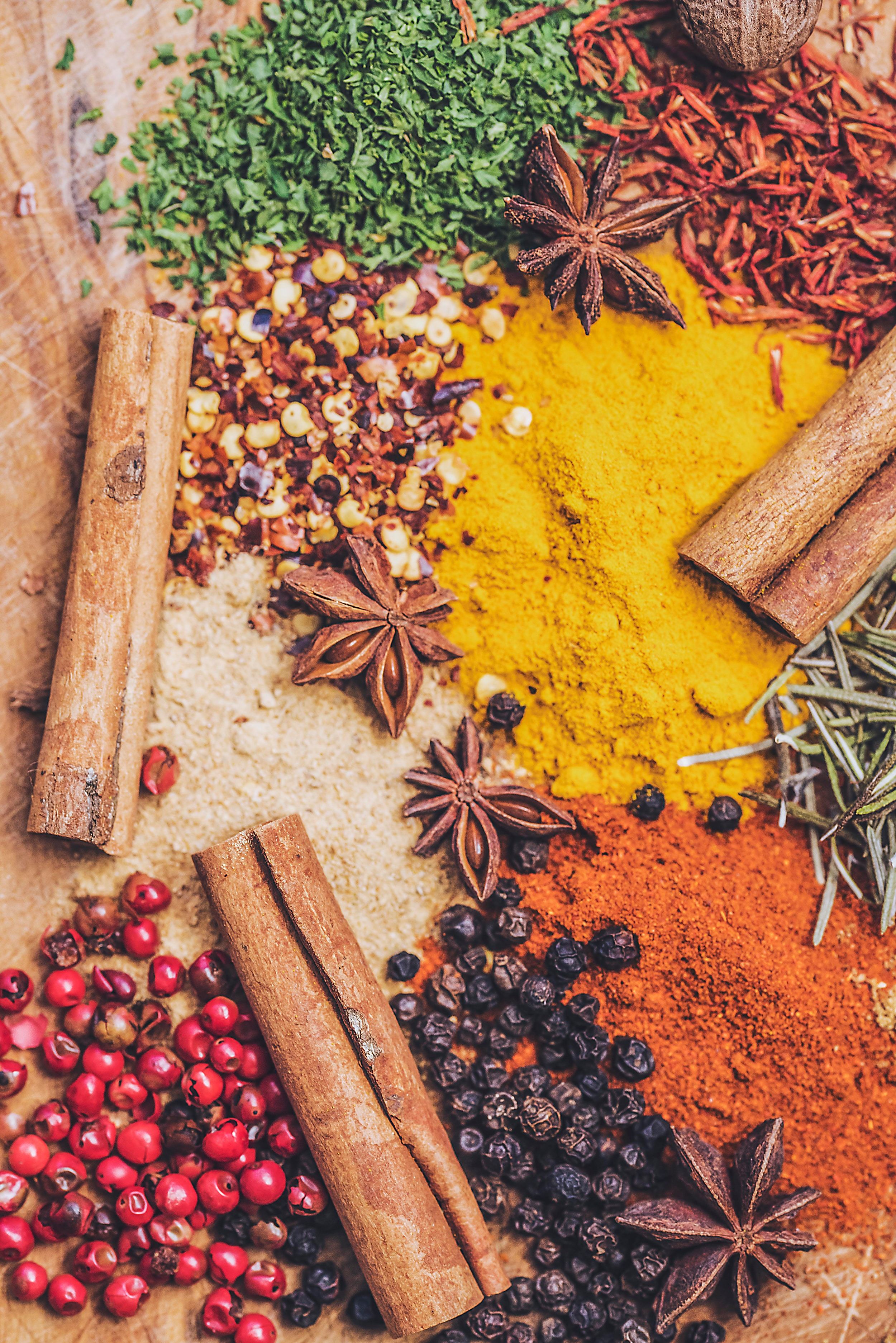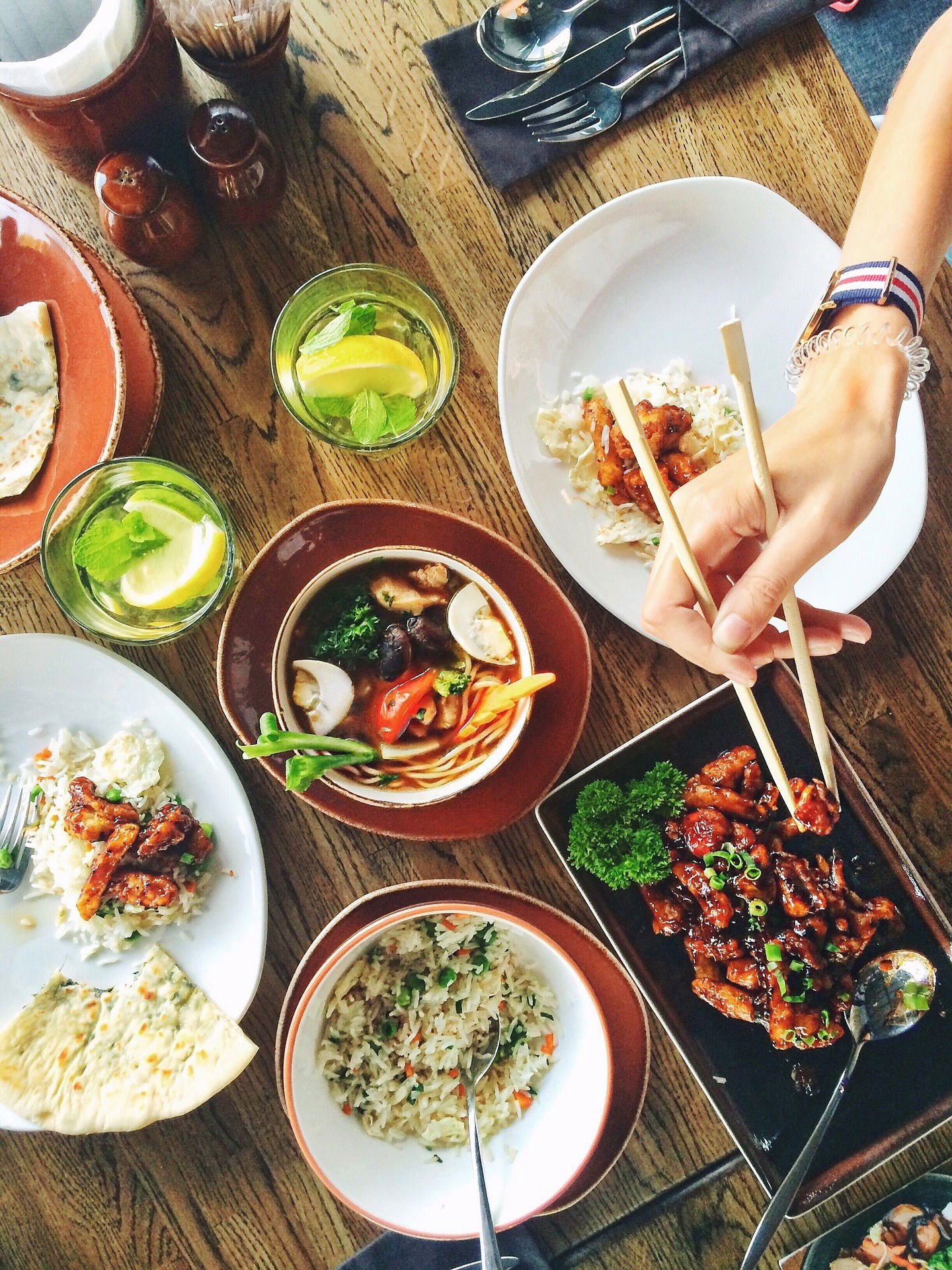Ginger has been cultivated in China for over 3,000 years, making it a staple in Chinese cuisine

Ginger has been a staple in Chinese cuisine for centuries, adding a distinctive aroma and flavor to dishes ranging from stir-fries to soups. Beyond its culinary uses, fresh ginger has also been valued in traditional Chinese medicine for its natural healing properties. In this article, we'll explore the role of fresh ginger in Chinese cuisine and traditional medicine, highlighting its nutritional benefits, culinary uses, and regional variations in preparation. We'll also examine the many health benefits of ginger and provide tips for cooking with fresh ginger in your own kitchen.
Introduction to Ginger in Chinese Cuisine
Ginger is a fundamental ingredient in Chinese cuisine, adding a distinctive, pungent flavor to many dishes. The root of the ginger plant, known for its medicinal properties, has also been used in traditional Chinese medicine for centuries. In this article, we will explore the history and cultural significance of ginger in Chinese cuisine, its nutritional benefits, its culinary uses, and its regional variations.
The History of Ginger in Chinese Cuisine
Ginger has been cultivated in China for over 3,000 years, making it a staple in Chinese cuisine. The ancient Chinese regarded ginger as a symbol of wealth and prosperity, and as a result, it became a popular ingredient in imperial dishes. It also found its way into popular street foods, where it was used as a digestive aid. Today, ginger is still widely used in Chinese cooking and is an essential ingredient in many regional cuisines.
The Role of Ginger in Traditional Chinese Medicine
In Traditional Chinese Medicine, ginger is believed to have a warming effect on the body. It is often used to treat nausea, vomiting, and abdominal pain, as well as cold and flu symptoms. Ginger also has anti-inflammatory properties, making it useful in the treatment of arthritis and other inflammatory conditions. It is often brewed as a tea or consumed as a supplement to reap its medicinal benefits.

Nutritional Benefits of Fresh Ginger
Overview of the Nutritional Content of Fresh Ginger
Fresh ginger is packed with nutrients that offer a range of health benefits. It is an excellent source of vitamin C, magnesium, and potassium. Fresh ginger also contains gingerol, a compound with anti-inflammatory and antioxidant properties.
The Health Benefits of Gingerol and Shogaol
Gingerol, the primary bioactive compound in ginger, has been shown to have powerful anti-inflammatory and antioxidant effects, making it an important ally in the fight against inflammation and oxidative stress. Shogaol, another component of ginger, has been shown to have anti-cancer properties and may help reduce the risk of certain types of cancer. Additionally, gingerol and shogaol are both beneficial for digestive health and can help alleviate nausea and stomach discomfort.

Culinary Uses of Fresh Ginger in Chinese Cooking
Ginger as a Key Flavoring Agent in Chinese Cuisine
Chinese cuisine relies heavily on the use of fresh ginger to add flavor and aroma to dishes. Ginger is often combined with garlic, scallions, and soy sauce to create a distinctive flavor profile that is quintessentially Chinese. It is used in stir-fries, soups, marinades, and sauces and can be grated, sliced, minced, or even pickled to add a punch of flavor to any dish.
Common Dishes Made with Fresh Ginger
Some popular Chinese dishes that use fresh ginger include ginger chicken, ginger beef, hot and sour soup, and ginger tofu. Ginger is also a key ingredient in many types of dumplings and steamed buns, adding a spicy kick to these savory treats.

Regional Variations in Ginger Usage
Ginger in Cantonese Cuisine
In Cantonese cuisine, ginger is often used in simple preparations, such as steamed fish with ginger and scallions, stir-fried vegetables with ginger, and simple soups made with ginger and chicken stock. Cantonese cuisine tends to focus on the natural flavors of the ingredients, with ginger used sparingly to enhance the dish.
Ginger in Sichuan Cuisine
Sichuan cuisine is known for its bold, spicy flavors, and ginger plays an important role in many dishes. Ginger is often used to balance the heat of Sichuan peppercorns and chili peppers and is a key ingredient in spicy eggplant, kung pao chicken, and boiled fish with ginger sauce.
Ginger in Hunan Cuisine
Hunan cuisine is characterized by its spicy and sour flavors and its use of smoked and cured meats. Ginger is used liberally in marinades and sauces to add a spicy kick to these hearty dishes. Some popular Hunan dishes that use ginger include Hunan-style pork, spicy chili noodles, and ginger-braised chicken.

Health Benefits of Fresh Ginger
Fresh ginger is a versatile and flavorful ingredient that has long been used in traditional medicine for its health benefits. Here are some of the top reasons why you should consider incorporating fresh ginger into your diet.
Ginger as an Anti-Inflammatory
Inflammation can be a significant contributor to chronic diseases such as arthritis, heart disease, and cancer. Ginger has potent anti-inflammatory properties that may help reduce inflammation in the body. A study published in the Journal of Medicinal Food found that ginger extract was effective in reducing inflammation in osteoarthritis patients.
Ginger as a Digestive Aid
Ginger has been used for thousands of years in traditional medicine to help alleviate digestive problems such as nausea, vomiting, and indigestion. Its ability to stimulate digestion and soothe the digestive tract has been attributed to the presence of compounds called gingerols and shogaols.
Ginger as a Natural Remedy for Nausea
Ginger has been shown to be an effective natural remedy for nausea and vomiting, especially in pregnant women and chemotherapy patients. A study published in the Journal of Obstetrics and Genecology found that ginger was as effective as a prescription anti-nausea medication in reducing nausea in pregnant women.

Tips for Cooking with Fresh Ginger
Fresh ginger has a pungent and slightly sweet flavor that can add complexity to your dishes. Here are some tips for cooking with fresh ginger.
How to Prepare and Store Fresh Ginger
To prepare fresh ginger, simply peel off the skin using a vegetable peeler or the edge of a spoon and then slice or chop as needed. To keep fresh ginger longer, store it in the refrigerator in a sealed plastic bag or container.
Methods for Cooking with Fresh Ginger
Fresh ginger can be used in a variety of dishes, from stir-fries to soups to baked goods. Grate or mince fresh ginger to add to marinades or sauces, or thinly slice and add to sautéed vegetables or rice dishes.

Ginger as a Natural Remedy in Traditional Chinese Medicine
Ginger has been used for thousands of years in traditional Chinese medicine for its healing properties. Here's how ginger is used in Chinese herbal remedies.
The Use of Ginger in Chinese Herbal Remedies
Ginger is classified as a warming herb in Traditional Chinese Medicine and is used to improve circulation, digestion, and immunity. It is often combined with other herbs to create medicinal formulas.
Traditional Chinese Medicine Remedies Using Ginger
One traditional Chinese medicine remedy that uses ginger is called Ginger and Jujube Tea, which is made by simmering fresh ginger and jujube fruit together in water. This tea is used to improve digestion, calm the mind, and boost energy. Another popular remedy is ginger moxibustion, which involves burning ginger on specific acupuncture points to stimulate circulation and reduce pain.
In conclusion, fresh ginger is an essential ingredient in Chinese cuisine and traditional medicine, providing a range of health benefits and a unique flavor profile. Whether you are using it as a digestive aid, a natural remedy for nausea, or simply to add a kick to your stir-fry, fresh ginger is a versatile and valuable ingredient that can elevate any dish. So why not try incorporating this flavorful root into your next meal and experience the many benefits of fresh ginger for yourself?

FAQ
What is the best way to store fresh ginger?
Fresh ginger can be stored in the refrigerator for up to three weeks if stored properly. To do so, wrap the ginger in a paper towel and place it in an airtight container or resealable bag.
Can I use ground ginger instead of fresh ginger in Chinese cooking?
While ground ginger can be used as a substitute for fresh ginger in some recipes, it is not recommended for use in Chinese cooking. Fresh ginger provides a distinct aroma and flavor that cannot be replicated with ground ginger.
What are some traditional Chinese dishes that feature fresh ginger?
Fresh ginger is used in a variety of Chinese dishes, including stir-fries, hot and sour soup, and wonton soup. Ginger is also commonly used in marinades for meat dishes, such as Chinese-style barbecue pork.
What are the health benefits of ginger tea?
Ginger tea has been used for centuries in traditional Chinese medicine as a natural remedy for a variety of ailments, including nausea, menstrual cramps, and respiratory infections. Ginger tea may also help to reduce inflammation and improve digestion.
